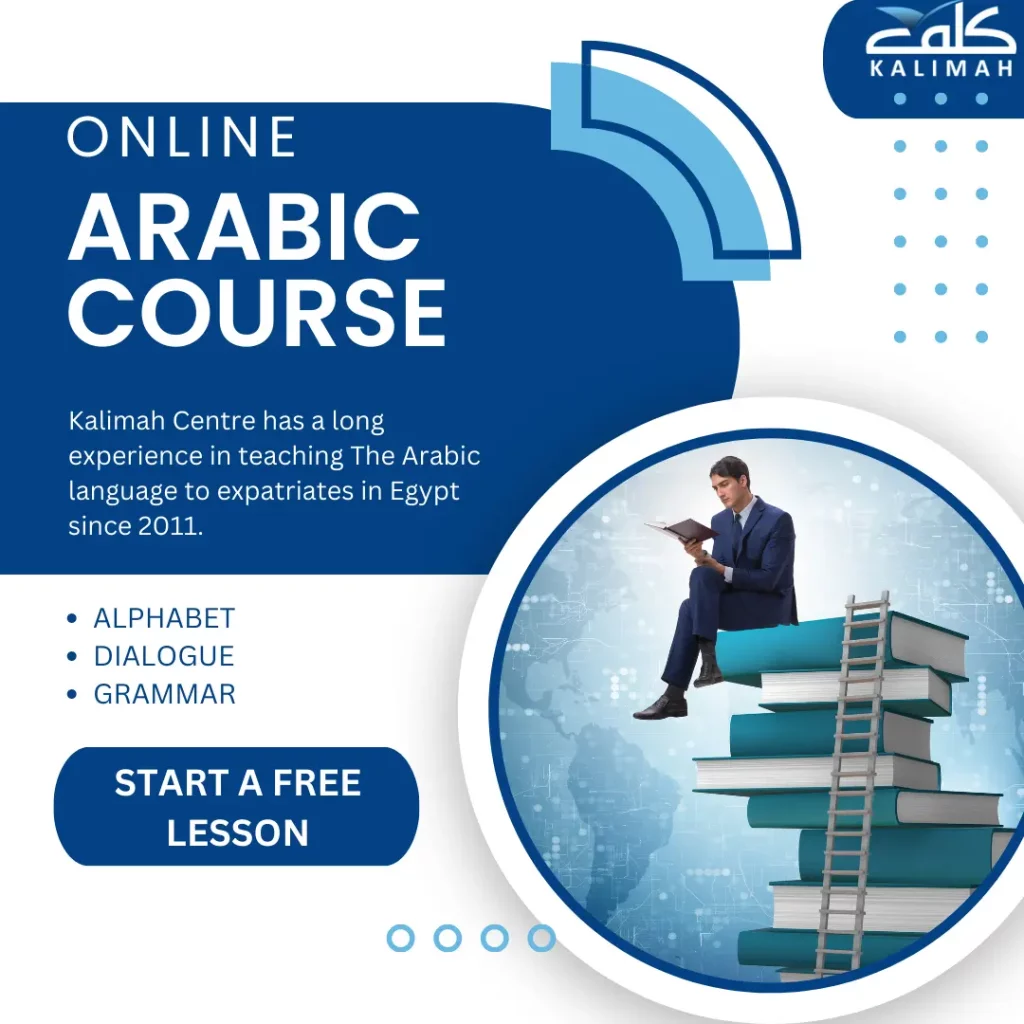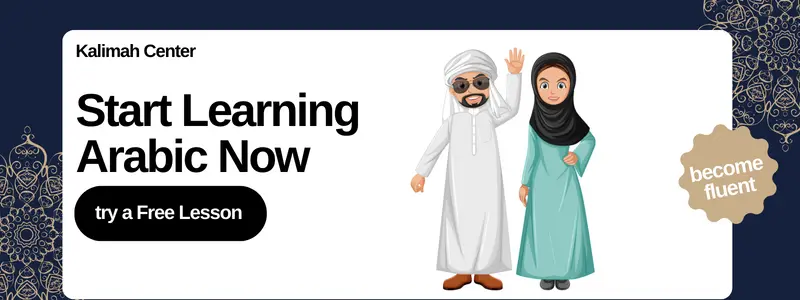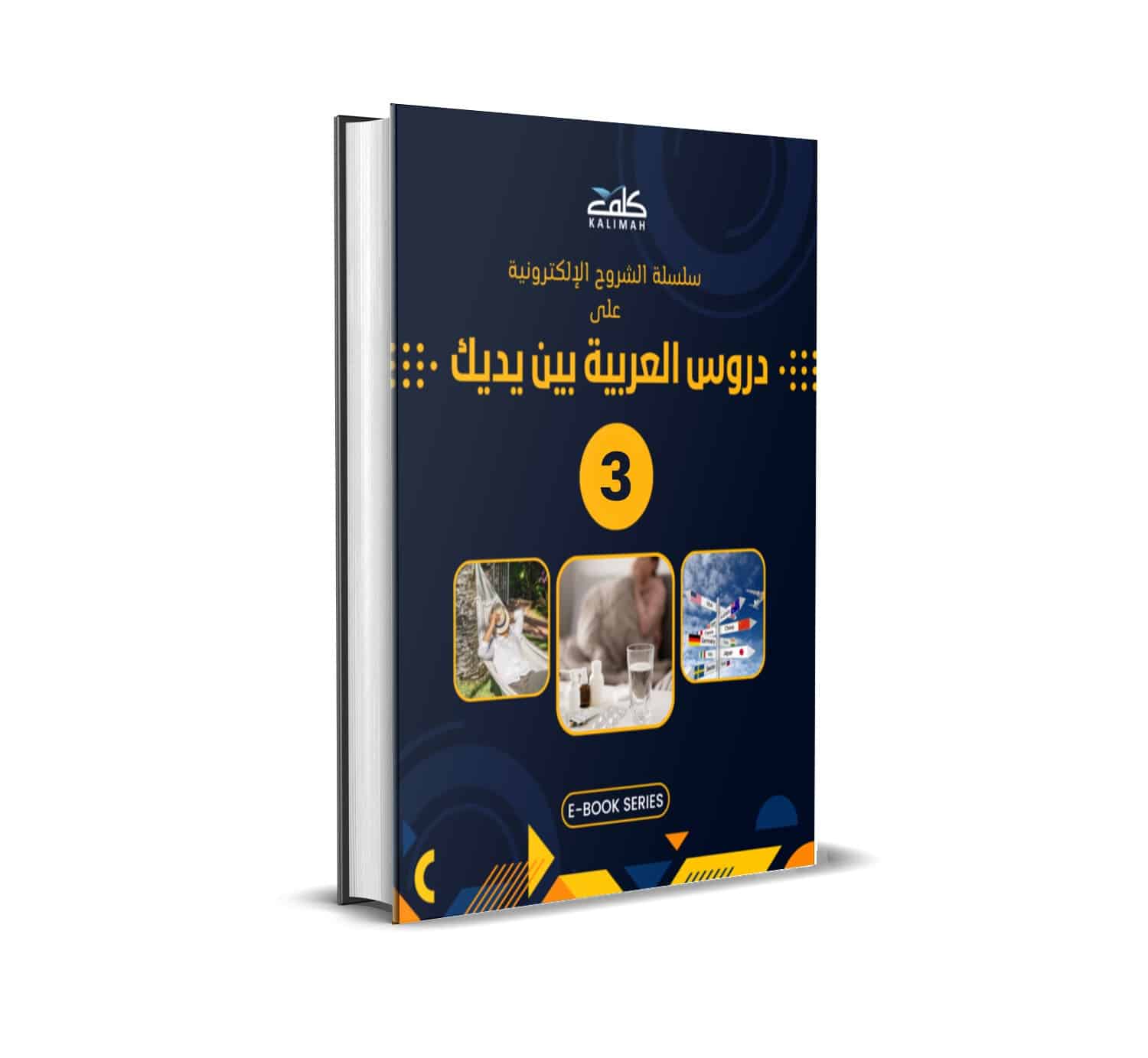In a nutshell: What is the best country to learn Arabic? Egypt tops the list, with Cairo being a key destination for mastering both Modern Standard Arabic and the widely understood Egyptian dialect. Morocco, Jordan, Lebanon, and Saudi Arabia also stand out for their diverse educational resources and cultural richness. Ultimately, your choice of country should align with your goals, whether it’s dialect mastery, cultural immersion, or a comprehensive language foundation.
Arabic is considered one of the worldwide languages that you should think about learning, even if there are many other languages around the globe that can pique your interest.
Before you decide where to learn Arabic abroad, it’s worth considering the various dialects of Arabic available to study, and the fact that just because you speak one, won’t mean you’ll be instantly understood throughout Northern Africa and the Middle East.
We will review The Top 5 Countries to go to for Learning Arabic, but before we start talking about the best countries to learn Arabic, you should know that there are different dialects you should check out.
What Is The Best Country To Learn Arabic?
Egyptian Arabic, disseminated throughout the Arab-speaking world thanks to the media and movies, is the most widely understood Arabic in the Arabic dialects. However, a summer learning Modern Standard Arabic (official Arabic) gives you both a solid foundation for picking up other dialects in the future and is an easier way of immersing yourself in Arabic literature and printed texts, as most are written in this form. Both you will find them in Egypt.
But, if attending Arabic immersion programs that combine language with lessons on the culture and traditions of its speakers is top priority, it’s best to follow your wanderlust and pick the country that most inspires you.
The Top 5 Countries to go to for Learning Arabic to Study Arabic in Arabian country:

Learn Arabic In Egypt
Egyptian Arabic is the most understood and spoken Arabic dialect around the world. Therefore, it’s a good idea to learn Arabic there. In Egypt, you will learn Arabic and experience its amazing culture.
There are many Arabic learning programs that you can choose from. Whatever your level is, you will find a program that suits you.
Most Arabic learners choose to learn in Cairo. The city itself has its own charm that enchants those who visit it. In Cairo, you will not just learn a new language. You will also learn about its amazing culture and history.
You get to see its fascinating places. Plus, living in Egypt is not expensive compared to other countries, which will cost you a lot. This makes it one of the best countries to learn Arabic.
Key Places in Egypt for Learning Arabic:
1. Cairo
Learning Arabic in Cairo offers a rich and immersive experience due to the city’s status as a cultural and educational hub. Cairo is home to numerous language schools and institutions, such as Al-Azhar University and the Kalimah Center, providing a variety of courses in both Modern Standard Arabic and Egyptian Arabic.
The city’s vibrant environment allows students to practice the language in real-life contexts, engage with local culture, and explore historical sites. This blend of formal education and cultural immersion makes Cairo an ideal destination for acquiring Arabic skills effectively.
- Al-Azhar University
Al-Azhar University in Cairo, Egypt, offers a prestigious and immersive experience. Al-Azhar, one of the oldest and most renowned Islamic universities in the world, provides Arabic courses through its Arabic Language Institute.
- Kalimah Center
Kalimah Center in Cairo is a distinguished institution for learning Arabic, offering personalized and immersive language programs. It provides a range of courses tailored to various proficiency levels, focusing on both Modern Standard Arabic and Egyptian Arabic. The center is known for its practical approach, incorporating real-life scenarios and cultural interactions to enhance the learning experience.
Located in the heart of Cairo, Kalimah Center offers students an enriching environment that leverages the city’s vibrant cultural and historical resources, making it an excellent choice for those seeking a comprehensive and engaging Arabic education.
- The American University
The American University in Cairo (AUC) offers Arabic language programs that range from beginner to advanced levels. AUC is renowned for its high academic standards and offers a vibrant campus life.
- Cairo University
Another prominent institution offering Arabic courses, with a focus on both language and culture.
Language Schools: There are many private language schools in Cairo, such as the Arabic Language Institute (ALI) and the Qasid Arabic Institute. These institutions often provide immersive experiences and cultural activities.
2. Alexandria
Cultural and Historical Significance: Alexandria, with its Mediterranean charm, offers a slightly different dialect and cultural perspective. The city has several institutions offering Arabic courses.
Language Schools: You can find language schools and private tutors who offer tailored Arabic programs. The environment is generally more relaxed compared to Cairo.
3. Luxor and Aswan
Immersive Experience: For a more relaxed pace and to experience traditional Egyptian culture, Luxor and Aswan are excellent choices.
These cities are famous for their ancient temples and monuments.
Language Programs: While not as many options as in Cairo, you can still find language programs and private tutors. The cultural immersion here is exceptional due to the proximity to historical sites.
Read more about Learn Arabic In The Middle East: Best Places, Cities, And Options
Learn Arabic in Morocco
Learn Arabic in Morocco is a fascinating destination for learning Arabic, offering a diverse range of experiences across different cities. Here’s a closer look at some key places in Morocco where you can study Arabic:
1. Casablanca
Language Schools: Casablanca, Morocco’s largest city and economic hub, has several reputable language schools, such as the Arabic Language Institute and the Casablanca Language Center. These schools offer various Arabic courses, including Modern Standard Arabic and Moroccan Arabic (Darija).
Urban Experience: The city provides a cosmopolitan environment with a mix of modern and traditional influences, ideal for practicing Arabic in a diverse setting.
2. Rabat
Educational Institutions: Rabat, the capital city, is home to several institutions offering Arabic language programs. The Université Mohammed V and the Arabic Language Institute are notable for their high-quality courses.
Cultural Enrichment: As the political and cultural heart of Morocco, Rabat offers a more serene atmosphere compared to Casablanca, with historical sites, museums, and gardens enriching the learning experience.
3. Marrakech
Language Schools: Marrakech is known for its vibrant cultural scene and has language schools like the Marrakech Language School that offer immersive Arabic courses.
Cultural Immersion: The city’s rich history and lively markets, such as the famous souks and Djemaa el-Fna square, provide a dynamic backdrop for language learning and cultural exploration.
4. Fes
Historical Context: Fes is one of Morocco’s oldest cities and is renowned for its preserved medieval architecture and traditional crafts. It is home to institutions like the Fes Language School, which provides Arabic language courses in a historic and immersive setting.
Traditional Experience: Learning Arabic in Fes offers a deep dive into Morocco’s traditional culture and language, with opportunities to experience ancient medinas and traditional Moroccan life.
Learn Arabic in Jordan
Jordan is an excellent destination for learning Arabic, offering a mix of modern facilities and rich cultural experiences. Here’s a closer look at some of the key places in Jordan where you can study Arabic:
1. Amman
Educational Institutions: Amman, the capital city, is home to several renowned language schools and universities. Institutions such as the Arabic Language Institute (ALI) and the Qasid Arabic Institute provide high-quality courses in both Modern Standard Arabic and Jordanian Arabic.
Cultural and Social Life: Amman is a vibrant city with a blend of modern and traditional elements. It offers a wide range of cultural activities, dining options, and historical sites, making it an ideal setting for immersive language learning.
2. Jerash
Historical Context: Known for its well-preserved Roman ruins, Jerash provides a unique backdrop for learning Arabic. While smaller than Amman, it offers a more relaxed environment and a deep connection to Jordan’s historical heritage.
Language Programs: Some language schools in Jerash offer Arabic courses, focusing on both language skills and cultural immersion, taking advantage of the city’s rich historical atmosphere.
3. Irbid
Educational Opportunities: Located in northern Jordan, Irbid is home to institutions like Yarmouk University, which offers Arabic language programs. The city is known for its academic environment and more laid-back atmosphere compared to Amman.
Local Life: Irbid provides a more intimate experience with Jordanian life, offering students a chance to interact closely with local communities and experience daily life in a less bustling setting.
4. Madaba
Cultural Richness: Madaba is famous for its ancient mosaics and historical significance. It offers a unique environment for studying Arabic, with schools like the Madaba Institute for Mosaic Art and Restoration also providing language courses.
Immersive Experience: The city’s historical and cultural heritage adds depth to the learning experience, making it ideal for those interested in both language and history.
Learn Arabic in Lebanon
Lebanon offers several vibrant cities for learning Arabic, each with its own unique atmosphere and educational opportunities.
Here’s a closer look at some key places in Lebanon where you can study Arabic:
1. Beirut
Educational Institutions: Beirut, the capital and largest city, is home to several prestigious language schools and universities. The Lebanese American University (LAU) and the American University of Beirut (AUB) both offer high-quality Arabic programs. Additionally, private language institutes like the Lebanese Language Institute and the Arab Academy provide tailored Arabic courses.
Cultural and Social Life: Beirut is a bustling, cosmopolitan city known for its vibrant cultural scene, including theaters, music venues, and diverse dining options. Its rich history and dynamic social life offer ample opportunities for language practice and cultural immersion.
2. Tripoli
Historical Context: Tripoli, located in northern Lebanon, is known for its historical architecture and traditional markets. The city provides a more relaxed atmosphere compared to Beirut, with a focus on historical and cultural experiences.
Language Programs: While smaller than Beirut, Tripoli has a few language schools and private tutors that offer Arabic courses. The city’s historical setting adds a unique dimension to the learning experience.
3. Sidon (Sayda)
Cultural Heritage: Sidon, a historic port city in southern Lebanon, is known for its ancient ruins and traditional souks. It offers a more tranquil environment compared to Beirut and a deep connection to Lebanon’s historical past.
Educational Opportunities: Sidon has language schools and educational centers that offer Arabic courses. The city’s historical ambiance provides a culturally rich backdrop for learning.
4. Byblos (Jbeil)
Historical Significance: Byblos is one of the oldest continuously inhabited cities in the world, known for its ancient ruins and charming coastal setting. The city’s historical and picturesque environment adds depth to the language-learning experience.
Language Schools: Byblos offers a range of Arabic language programs through local schools and cultural institutions. The city’s serene atmosphere and historical significance make it an appealing place to study.
Learn Arabic in Saudi Arabia
Studying Arabic in Saudi Arabia can be a unique and enriching experience, given the country’s rich cultural heritage and significance in the Arab world. Here’s a closer look at some key places in Saudi Arabia where you can learn Arabic:
1. Riyadh
Educational Institutions: Riyadh, the capital and largest city, is home to several prominent universities and language institutes. King Saud University and the Arabic Language Institute offer comprehensive Arabic language programs. Private language schools, such as the International Language Center, also provide a variety of Arabic courses.
Modern Environment: As the political and administrative center of Saudi Arabia, Riyadh is a modern city with a range of amenities and services. It offers a unique blend of traditional Saudi culture and contemporary life, providing students with a dynamic environment for learning and practicing Arabic.
2. Jeddah
Educational Opportunities: Jeddah, located on the Red Sea coast, is known for its more liberal and cosmopolitan atmosphere compared to Riyadh. The city hosts several language schools and universities, such as King Abdulaziz University, which offer Arabic language courses.
Cultural and Economic Hub: Jeddah is a major commercial center and a gateway to the Islamic holy cities of Mecca and Medina. Its vibrant port city atmosphere and diverse cultural scene make it an attractive place for language learners.
3. Mecca (Makkah)
Religious Significance: Mecca is the holiest city in Islam and attracts millions of Muslims each year for the Hajj pilgrimage. Learning Arabic in Mecca provides a deeply immersive experience, with opportunities to engage with the religious and cultural aspects of the language.
Language Programs: While Mecca is primarily a religious center, there are language institutes and private tutors available for Arabic courses. The city’s religious and historical significance adds a unique dimension to the language-learning experience.
4. Medina (Madinah)
Historical and Religious Context: Medina is another important Islamic city and is known for its historical and religious significance. The city provides a serene environment for studying Arabic, with a focus on Islamic history and culture.
Educational Institutions: Institutions like the Islamic University of Madinah offer Arabic language programs, often with a focus on classical and Modern Standard Arabic, alongside Islamic studies.
The Most Famous Arabic Dialects In The World
Arabic language has many different dialects, and each Arab country has its own dialect. From this dialect, other dialects branch out according to the different regions and environments within one country. The emergence of these dialects is due to several factors, the most important of which is isolation in a specific geographical, social, political, or religious environment. After these groups or environments diverge from the extent of differences in linguistic differences and characteristics, and vice versa.
The other factor that played a large part in the emergence of dialects was wars and migrations, which resulted in a linguistic conflict between the local language and the global language. Now let’s get to know the most famous 5 Arabic dialects!
1. Egyptian Dialect
The Egyptian dialect is the most widely spoken Arabic dialect in the world, spoken by about 110 million Egyptians, and is the most understood and understood by Arabs in the Arab world. Therefore, non-Arabic speaking students tend to learn the Egyptian dialect, preferring it over other Arabic dialects. Therefore, there is no doubt that Egypt is an excellent destination for learning the Arabic language.
The Egyptian dialect has become popular in the Arab world, especially with the dominance of the Egyptian media industry, films, and music production. Egypt has produced the most wonderful old black and white films and the best singers who have become famous worldwide. With the growth of Egypt’s cultural influence, the Egyptian dialect has become the most understood by Arabs of all nationalities.
2. Moroccan Dialect
The Moroccan dialect is the most widespread dialect after the Egyptian dialect, with more than 100 million people speaking it. You can hear the Maghrebi dialect in Morocco, Algeria, Tunisia, Libya, Mauritania, and Western Sahara. There are also other dialects in these countries, namely the Moroccan, Algerian, Tunisian, Libyan, and Hassaniya dialects. These dialects differ significantly from Modern Standard Arabic, to the point that some linguists consider them an independent language in their own right.
There is no doubt that Arabs in Egypt, the Levant, and Iraq face difficulties in understanding the Maghrebi dialect. Some researchers consider it a dialect based on Classical Arabic, while others tend to classify it as an independent language.
3. Gulf Dialect
Gulf dialect Currently, the Gulf dialect is spoken by about 60 million people, and it is one of the Arabic dialects that you can hear in the Gulf countries, such as Kuwait, Bahrain, Qatar, the Emirates, and parts of Saudi Arabia, Iraq, Iran, and the Sultanate of Oman. The term “Gulf dialect” often refers to the dialects that often refer to the Gulf Cooperation Council countries.
The Gulf countries also have their own dialects that differ from each other in pronunciation and vocabulary. However, they are still similar dialects that can be understood by the Gulf countries in general, and the differences vary with the geographical distances. I have faced some difficulties in communication.
They inherited their language vocabulary and words with their meanings and distinctive pronunciation from the Arab tribes.
4. The Levantine Dialect
The Levantine dialect is the spoken language in the Levant, a term given to part of the Arab Levant, which extends from the eastern coast of the Mediterranean Sea to the borders of Mesopotamia. The Levant includes Syria, Palestine, Jordan, and Lebanon. The number of Levantine dialect speakers is currently estimated at about 52 million people distributed across these four countries.
The Levantine dialect is the second most widespread dialect in the media and television channels. It became popular as a result of the large production of Syrian TV series and Turkish series dubbed in the Syrian dialect, which made it largely understandable to Arabs over time.
The Levantine dialect is characterized by unique phonetic and lexical features compared to other Arabic dialects. It was greatly influenced by the Aramaic and Syriac languages that were prevalent in those regions in ancient times.
5. Iraqi Dialect
The Iraqi dialect is one of the Arabic dialects used in areas including Iraq in particular and in parts of Syria, Iran, and southeastern Turkey. Today, it is spoken by about 41 million people. The Iraqi dialect has also been influenced by the languages that inhabited ancient Mesopotamia, such as Akkadian, Persian, Turkish, and Aramaic. The Iraqi dialect has borrowed many Turkish, Persian, and English vocabulary.
Researchers have divided the Iraqi dialect into three main patterns: the northern pattern, the central pattern, and the southern pattern. Each pattern includes an urban color and a rural color.
Iraq has many social spectra and minorities, and due to the diversity of minorities, languages , and dialects are diverse.
In addition to the presence of the Arabic language in Iraq, we also find Kurdish, Turkmen, and Syriac. It is noteworthy that the Iraqi dialect in particular has borrowed many English vocabulary in everyday life. Especially in the field of modern technology, industrial professions, and the world of cars. The reason for this is attributed to economic, social, political, and military factors and the wars that Iraq has witnessed.

Experience Arabic Mastery in the Heart of Cairo:
Experience unparalleled Arabic language education at Kalimah Center, the top choice for learning Arabic in Egypt. Located in vibrant Cairo, Kalimah Center offers exceptional instruction with personalized programs tailored to your needs. Immerse yourself in Cairo’s dynamic cultural and historical setting while mastering Arabic through expert teaching and modern facilities.
Egypt’s rich heritage and bustling city life provide the perfect backdrop for your language journey. Join us at Kalimah Center and start your path to fluency in one of the Arab world’s most iconic cities.
“Step Up Your Arabic – Join Us at Kalimah Center!”
📚 Explore Our Courses:
Online Arabic Course: Tailored to your level, our comprehensive Arabic program includes 16 teaching levels and 400+ hours of personalized sessions.
Online Quran With Tajweed Course: Perfect for non-Arabic speakers, our course spans 13 levels and equips you with Tajweed mastery from beginner to advanced.
Online Arabic Course For Kids: Nurture your child’s love for Arabic with our engaging and structured program, available in 24 levels for primary, intermediate, and secondary stages.
🚀 Start Your Free Trial Today! 🚀
Don’t miss out on this life-changing opportunity to deepen your faith and knowledge. Sign up now for your free trial and take the first step towards becoming a better practicing Muslim with Kalimah Center!
Conclusion
In conclusion, choosing the best location for learning Arabic depends on your personal goals and preferences. Cities like Cairo, with big institutions such as Al-Azhar University, Kalimah Center, and Cairo University, offer a unique blend of high-quality education and rich cultural experiences, making them ideal for immersive language learning. Other notable destinations include Lebanon, Morocco, Saudi Arabia, and Jordan, each providing distinct advantages such as vibrant cultural settings, historical significance, and diverse educational resources.
Ultimately, selecting the right place to study Arabic involves considering the local environment, the quality of educational programs, and the opportunities for cultural immersion, all of which are essential for achieving fluency and a deeper understanding of the Arabic language.












